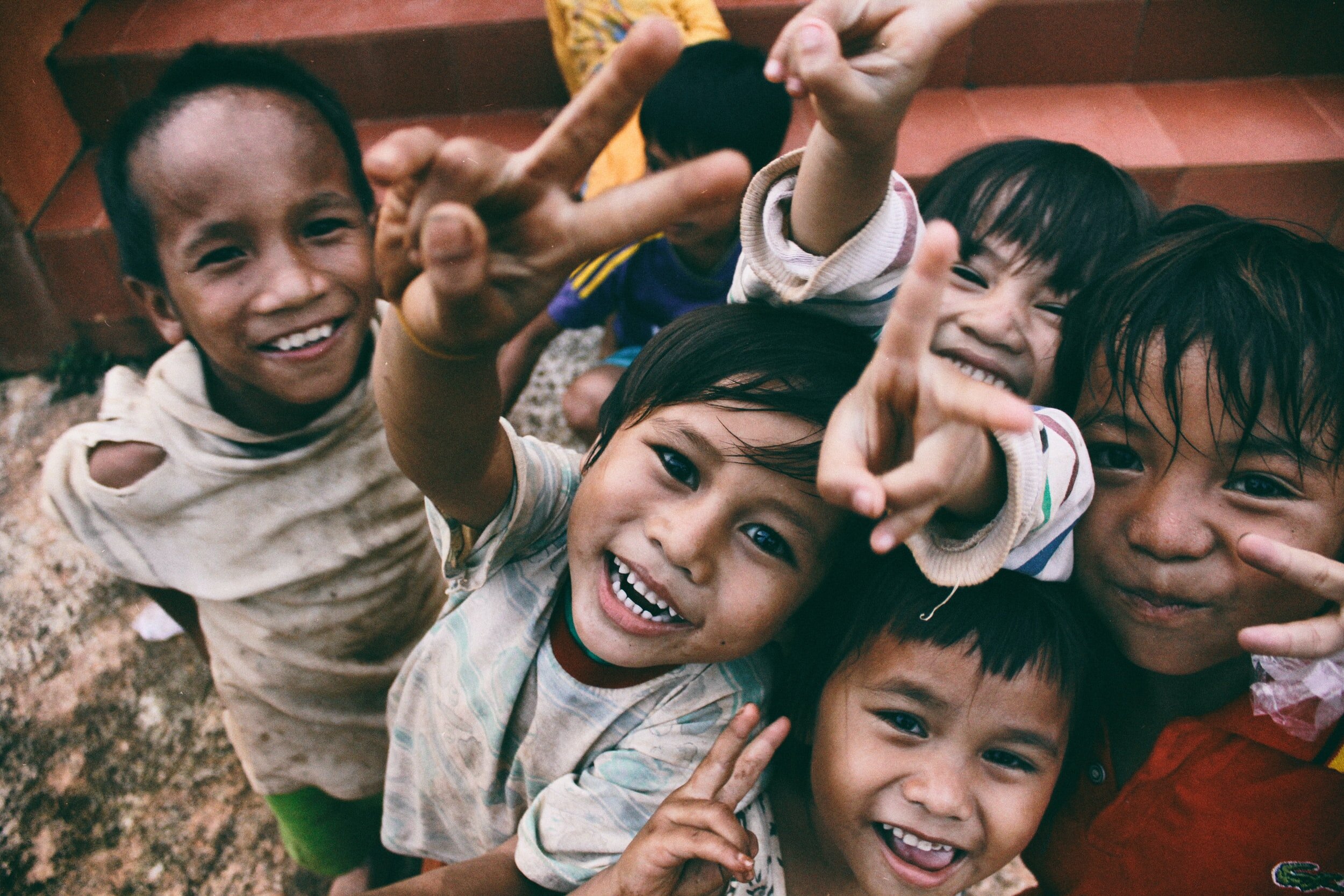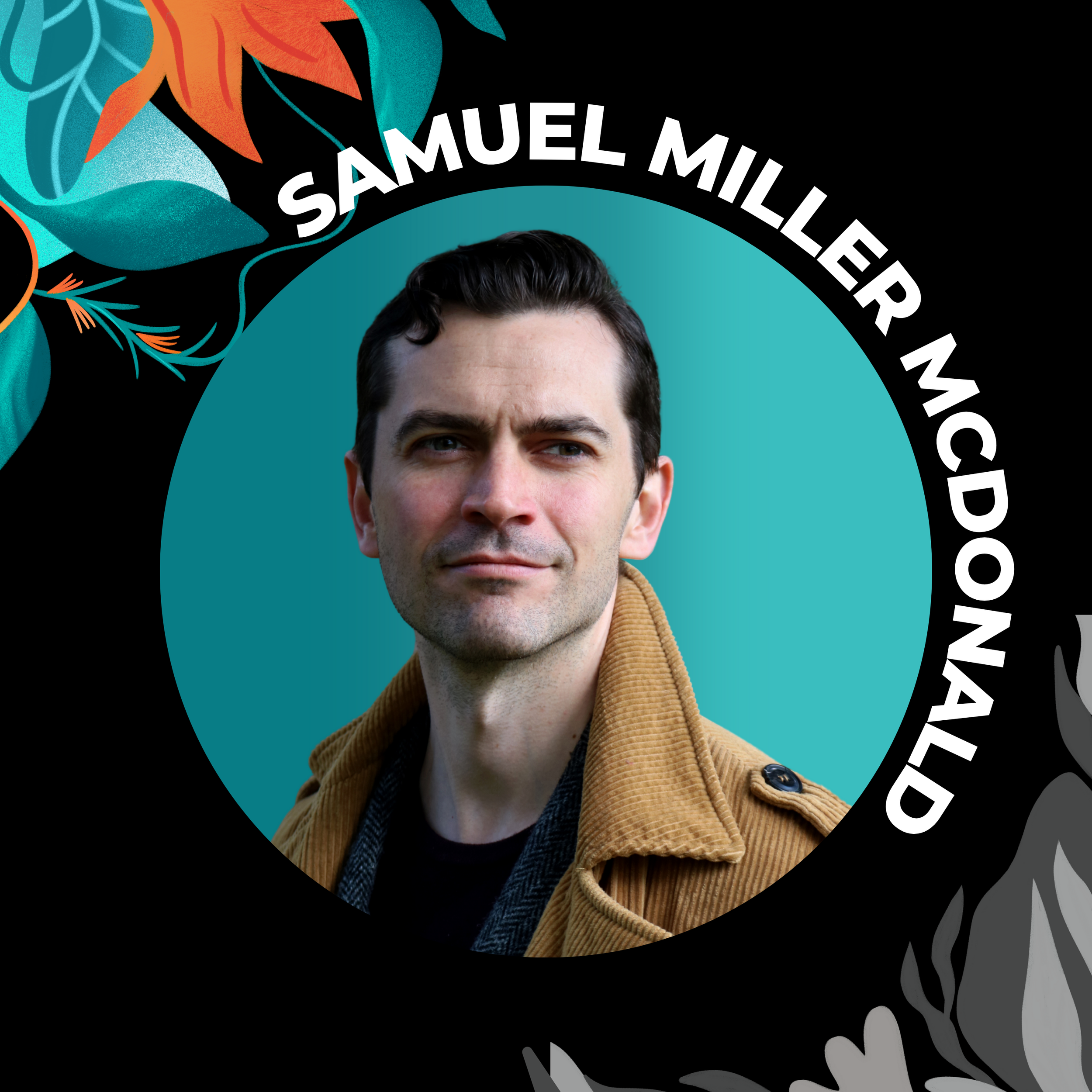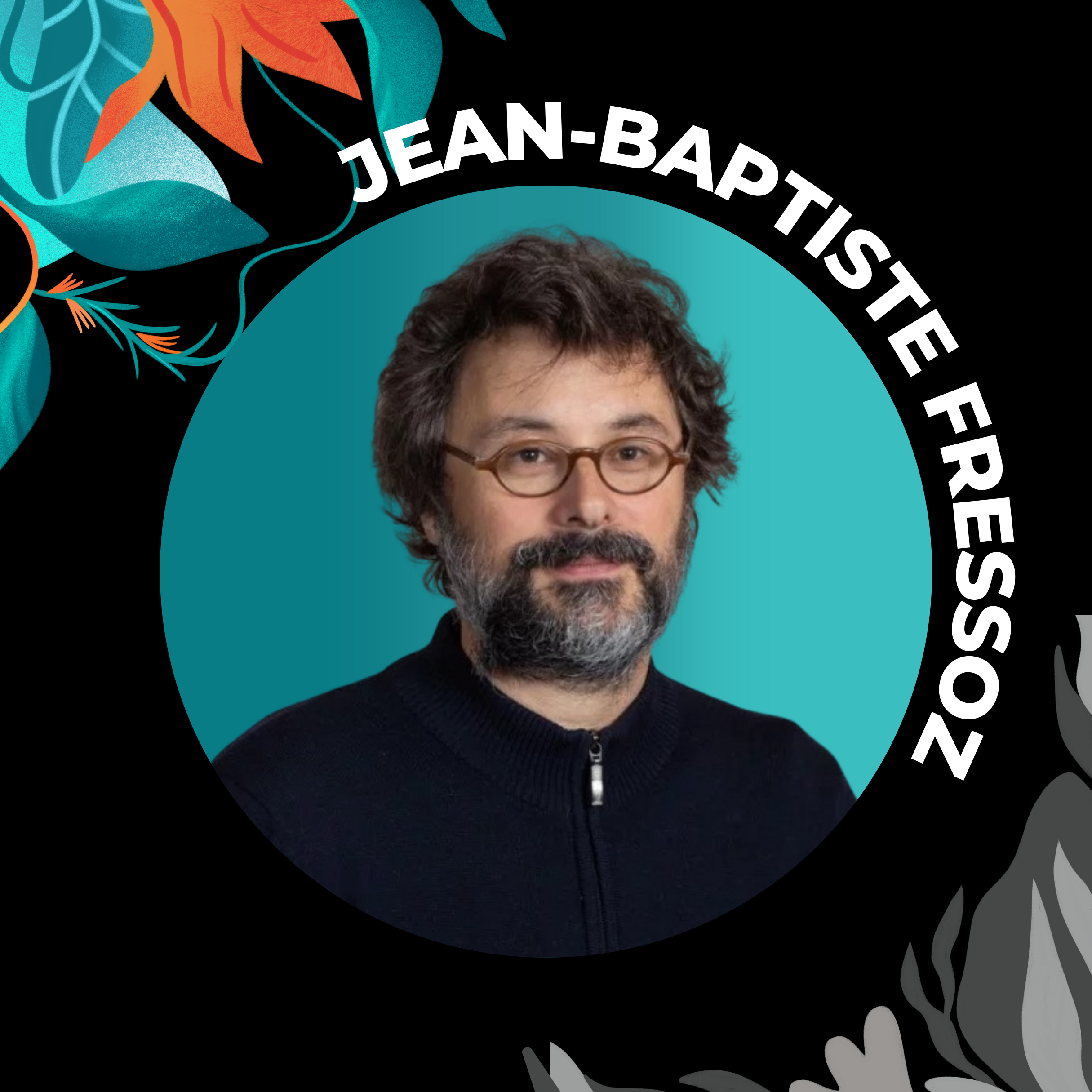
CONFRONTING GROWTHISM
What is growthism?
Our belief in human superiority drives our constant pursuit of eternal growth, of both our population and our economy. Yet expanding inequality, wildlife extinctions, climate change and global conflict prove that we continue along this path at our own peril. Our growth-based economic system and our ideology of “development” are rooted in the colonial takeover of native people and lands globally, and have led to an immense loss of traditional knowledge and cultural systems as well as destruction of the natural world.
Unlimited growth is not possible on a finite planet.
“The belief that the economy should grow, that human populations should grow, the material footprint of human civilization should grow, that's clearly psychotic, it's fully divorced from reality.”
Dr. Samuel Miller McDonald, Progress: Humanity’s Worst Idea
Social injustice
Our expanding population and consumption come at the expense of nonhuman animals and nature, as well as the majority of humanity not fortunate enough to have basic material security. While those at the top arrived there by consuming a disproportionate share of Earth’s gifts, the rest are left to survive on what’s left.
The rapid growth of the global middle class is taking a toll on the most vulnerable. Unemployment, as well as inadequate housing, infrastructure and schools are already the reality for growing populations with little or no clean water or sanitation.
At the same time, encroachment by people into previously wild habitats has led to the spread of new diseases to humans, as deforestation, habitat fragmentation, and the bushmeat trade bring humans into greater contact with wildlife.
“Growth has been extractive and exploitative. It's been extracting resources from the global south to feed the development process of the global north.”
Olivier De Schutter, The Poverty of Growth
New norms of sufficiency and well-being
To replace the dominant global mindset of perpetual growth as the remedy for poverty, inequality, and social injustice, we must embrace the natural world and see ourselves within a web of social and ecological diversity. Redistribution of the wealth that is currently hoarded by the few is an essential step toward socioeconomic equality.
Yet it still leaves us in ecological overshoot. We must move toward new norms of sufficiency, a smaller population and economies focused on collective well-being and ecological limits.
“Regeneration involves scaling back the human enterprise and allowing Earth and other species to heal so that we can heal ourselves. Humans have it in us to create this regenerative, beautiful, joyous, awe, and wonder-filled existence on Earth that allowed us to flourish for as long as humans have been on the planet.”
Dr. Sarah Bexell, From Grief to Regeneration










